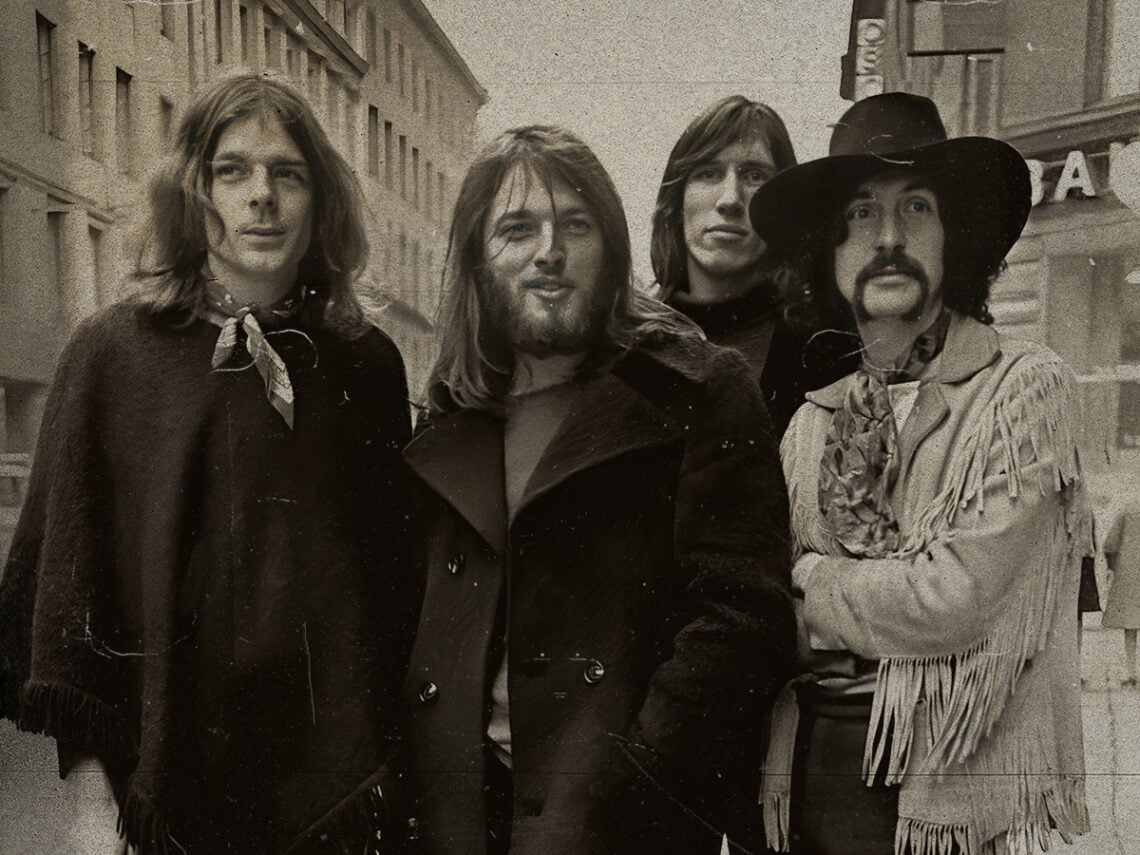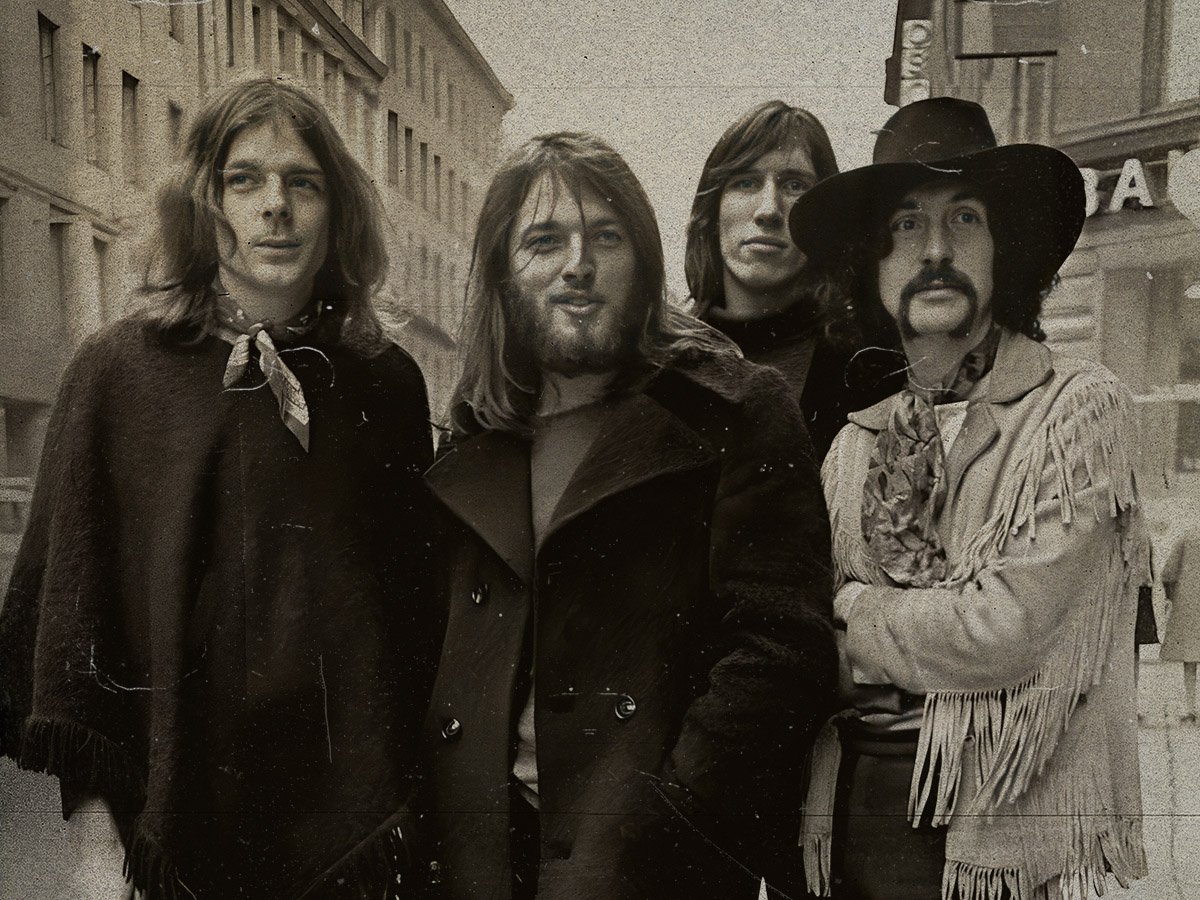
(Credit: Far Out / Roger Tillberg / Alamy)
Sat 30 August 2025 19:30, UK
In the course of their career, Pink Floyd made two great concept albums: The Dark Side Of The Moon and The Wall. Different, but both powered by the band’s desire to push themselves further, it split fans into two camps based on their own favourites. For the band themselves, though, one always won.
When thinking about the label ‘prog-rock’, it brings up a very distinct form of rebelliousness. This isn’t punk. This isn’t just throwing new ideas at the wall in a fit and hoping something sticks. This isn’t even chaotic rock and roll, where new breakthroughs were found simply through trial and error and playing off a mess up. Instead, prog-rock feels meticulous, even nerdy.
No one quite embodies that like David Gilmour. When Pink Floyd were crumbling as Syd Barrett became less and less reliable, the calling in of Gilmour and the decision to put him straight at the helm appears in music history like a bunch of kids scrambling and calling an adult. In their story, he takes on the role of a sensible adult, a settled and focused presence who would take their mess and move them on – and he did.
It was only really that moment that they became prog-rock as opposed to the psychedelic chaos they were producing before. Now, with Gilmour’s help, they were still just as experimental, only in a different way, where the process of discovering and trialling these new steps and styles was taking more cautiously and almost more scientifically, day by day, or really, night by night.
That’s what defines his own feelings towards his two great concept records. While the band were making The Dark Side Of The Moon, they had the perfect variables and circumstances right there to test new things out as the band were on tour. “The Dark Side Of The Moon was toured before the album was made,” Gilmour recalled, adding, “That determined things – they worked onstage before they ever got to record.”
Their crowds became their test subjects to ensure that any new step up in terms of sound and scale still worked for their audience and could still work on stage. But when they were making The Wall, they were groundless.
“None of the stuff had ever been out on the road before,” Gilmour said, and so there were no venues to hold them in. “The idea of The Wall was so big and there was such a lot of stuff that Roger wanted to get across lyrically that there was no other way to do it, really,” he remembered. With no limitations, no trial runs and no chances to fine tune things in front of a crowd, The Wall just kept on swelling as he said, “As it was, we had to struggle to get it on a double album.”
Maybe that’s the dividing line, and maybe it’s based on personality types. David Gilmour is a type-A, rigid and kept to plan, while his bandmate Roger Waters is a type-B, able to let go and let stuff figure itself out.
Related Topics

